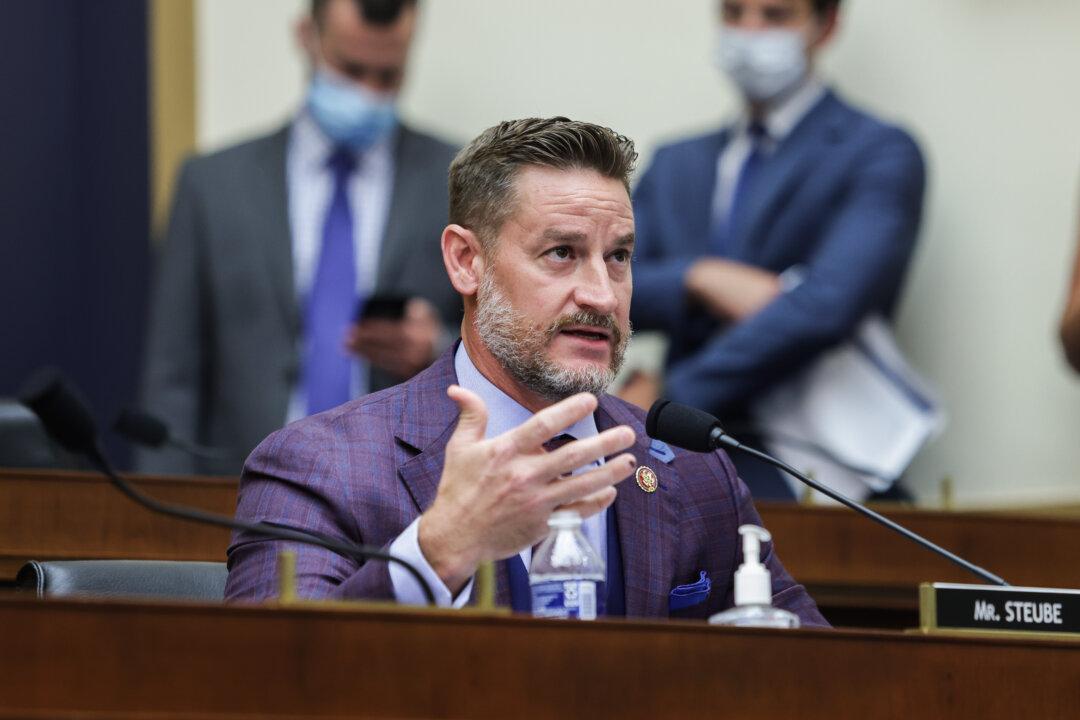Rep. Greg Steube (R-Fla.) unveiled legislation that would require big tech companies to adhere to the “First Amendment standard for their content moderation practices.” The bill would limit the immunity the companies have when they restrict speech or censor certain content, allowing for more accountability.
The Curbing Abuse and Saving Expression In Technology Act, or the CASE-IT Act, which would amend Section 230 of the Communications Act of 1934, aims to allow free speech online while protecting minors from inappropriate and unsafe content.





